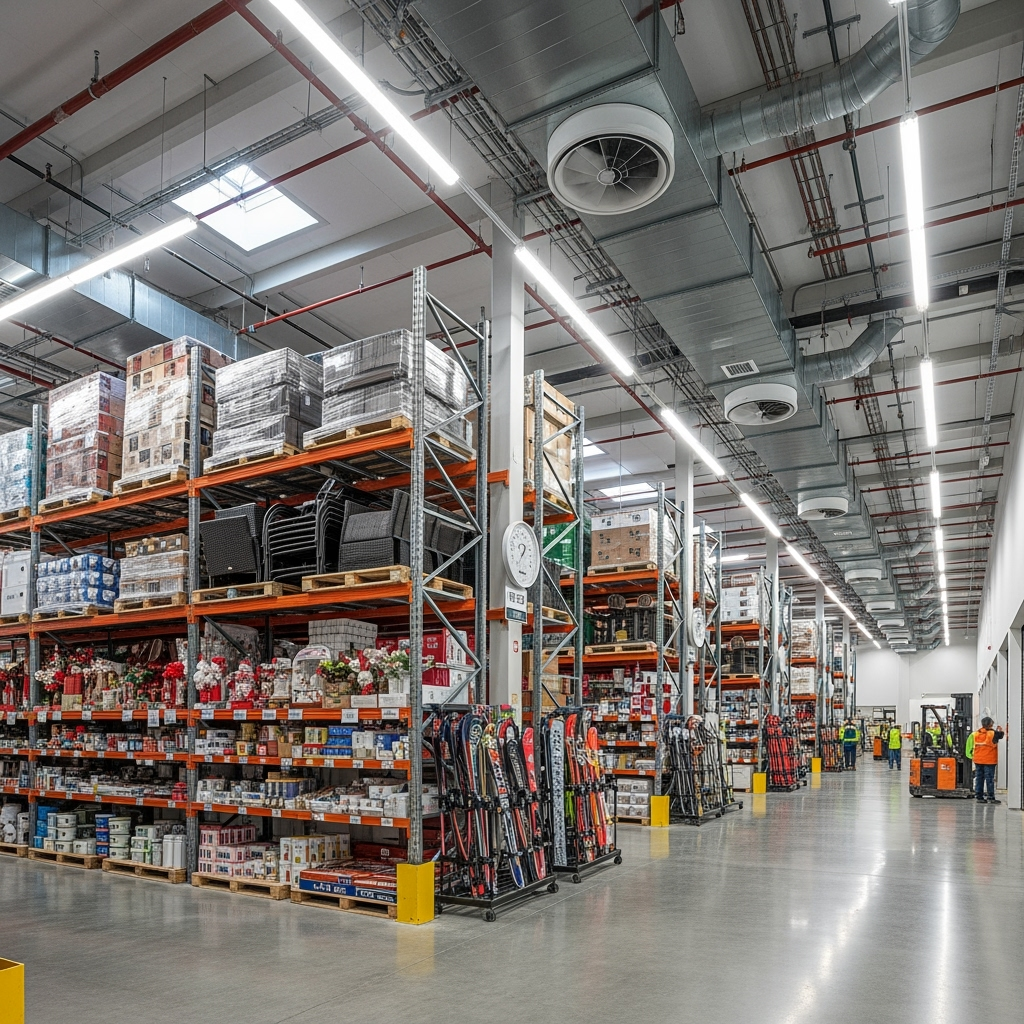
For retail businesses, managing inventory during peak seasons can be challenging enough without having to worry about temperature-sensitive merchandise. Whether you’re dealing with holiday chocolates, cosmetics, electronics, or seasonal clothing, proper climate-controlled storage is essential for protecting your investment and maintaining product quality. This comprehensive guide will help you navigate the complexities of temperature-controlled storage during your busiest seasons.
Understanding Temperature-Sensitive Inventory Needs
Different products require different storage conditions. Here’s what you need to know about common retail items:
- Cosmetics and Beauty Products: 55-75°F (13-24°C) with controlled humidity
- Electronics: 50-80°F (10-27°C) with low humidity
- Seasonal Clothing: 65-75°F (18-24°C) with moderate humidity control
- Specialty Foods: Varying temperatures based on product type
Climate-Controlled Storage Solutions
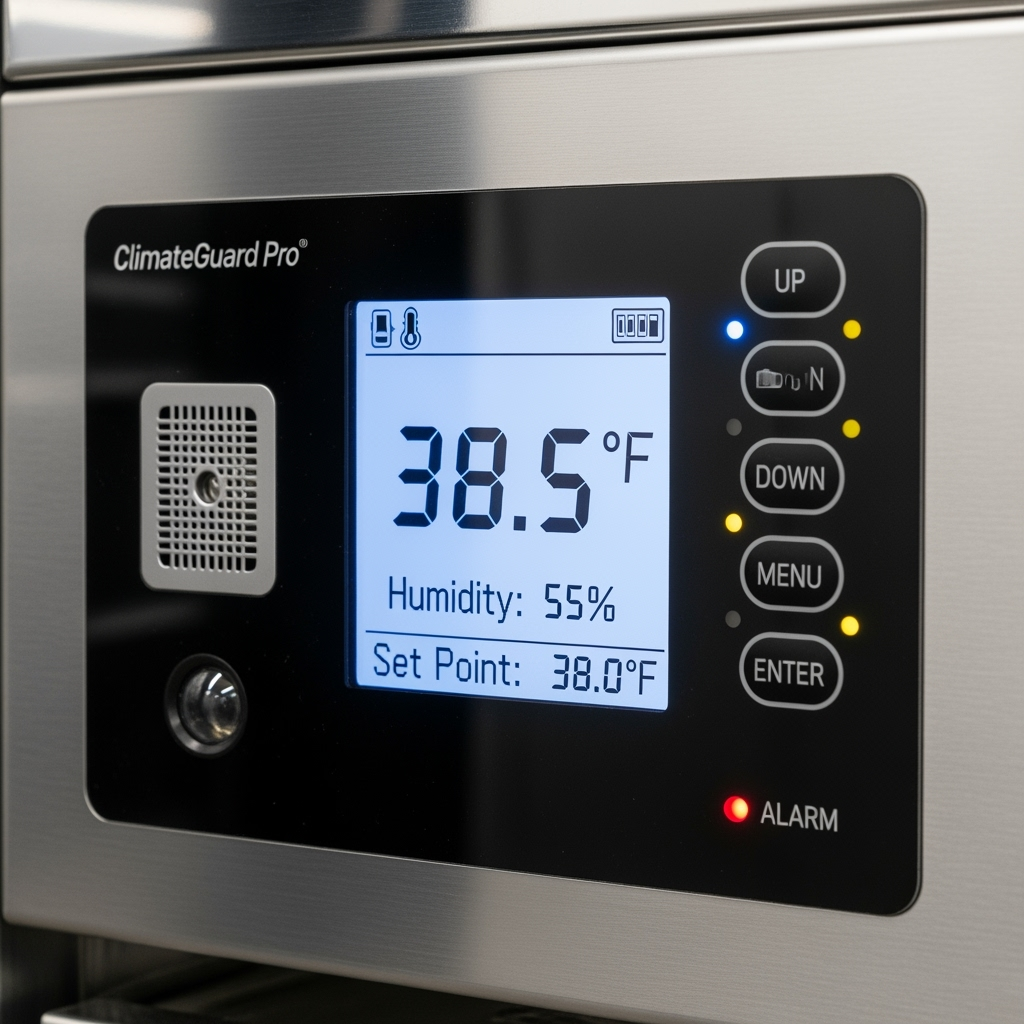
Modern climate-controlled storage units offer sophisticated temperature and humidity monitoring systems that help maintain optimal conditions for your inventory. Key features to look for include:
- 24/7 temperature monitoring and alerts
- Humidity control systems
- Backup power systems
- Clean, insulated storage environments
- Easy access for inventory management
Strategic Seasonal Planning
To maximize your storage efficiency during peak seasons:
- Early Planning: Reserve climate-controlled units 2-3 months before peak season
- Inventory Rotation: Implement a first-in, first-out (FIFO) system
- Temperature Monitoring: Regular checks of storage conditions
- Organization: Clear labeling and inventory tracking systems
- Emergency Preparedness: Backup plans for power outages or equipment failure
Protecting Your Peak Season Investment
Consider these essential steps to safeguard your inventory:
- Regular quality checks of stored merchandise
- Proper packaging for temperature-sensitive items
- Documentation of storage conditions
- Insurance coverage for stored inventory
- Staff training on proper handling procedures
Cost-Effective Storage Management
While climate-controlled storage may cost more than standard units, the protection it provides for your valuable inventory often yields significant returns:
- Reduced product damage and waste
- Extended shelf life for seasonal items
- Maintained product quality and customer satisfaction
- Lower insurance claims
- Increased inventory flexibility
Tips for Successful Implementation
Make the most of your climate-controlled storage with these practical tips:
- Create detailed inventory maps for easy access
- Use appropriate storage containers and packaging
- Monitor temperature logs regularly
- Maintain clear aisles and organized spaces
- Schedule regular maintenance checks
Conclusion
Investing in proper climate-controlled storage for your peak season inventory is crucial for retail success. By understanding your storage needs, implementing proper systems, and maintaining vigilant oversight, you can protect your merchandise and maximize your seasonal profits. Remember that the small details in temperature control can make a big difference in your bottom line.




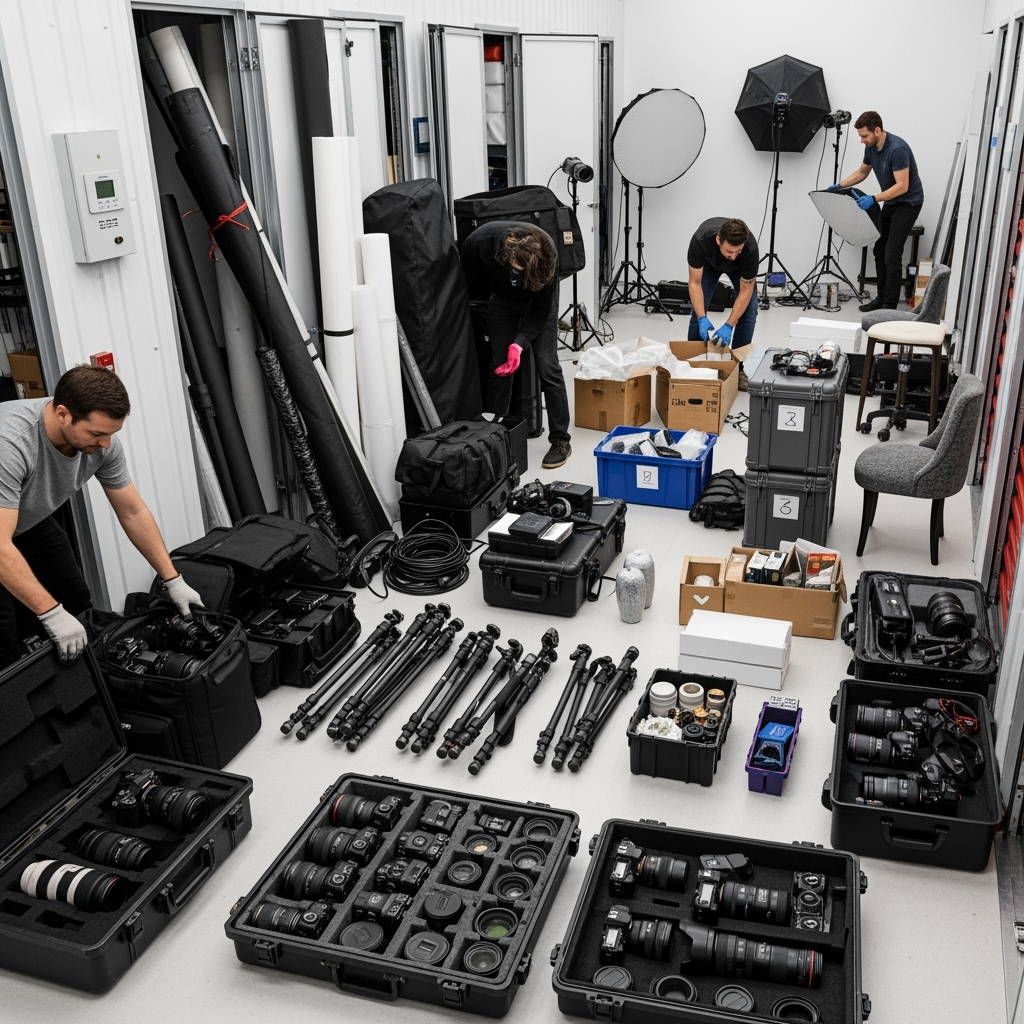

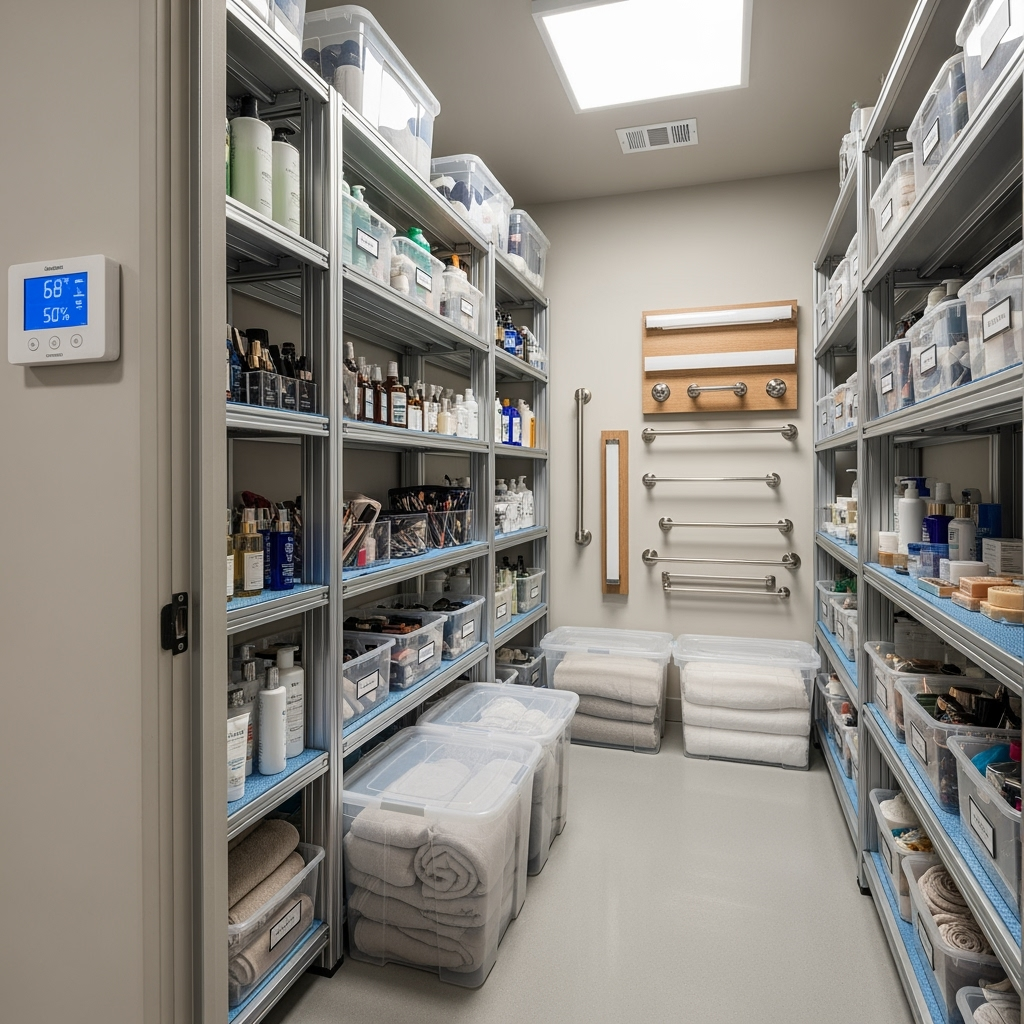
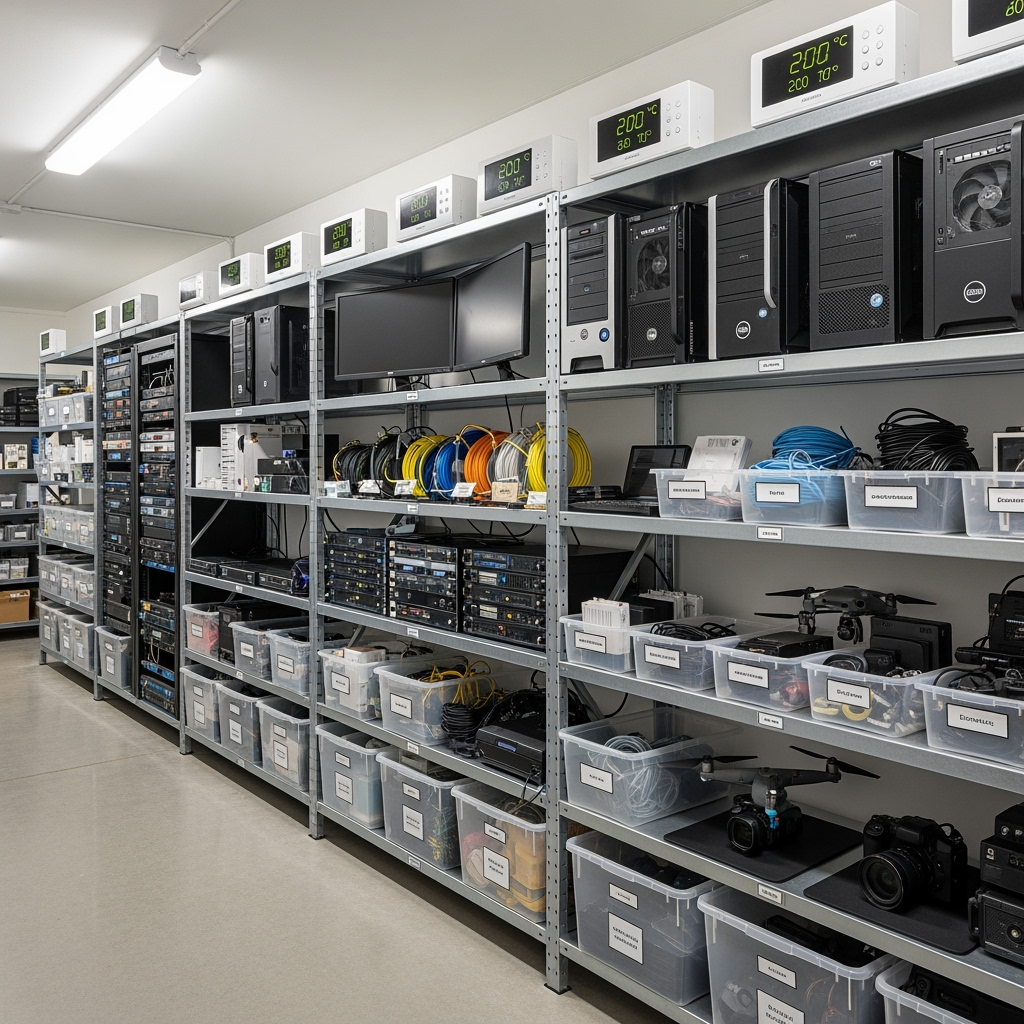

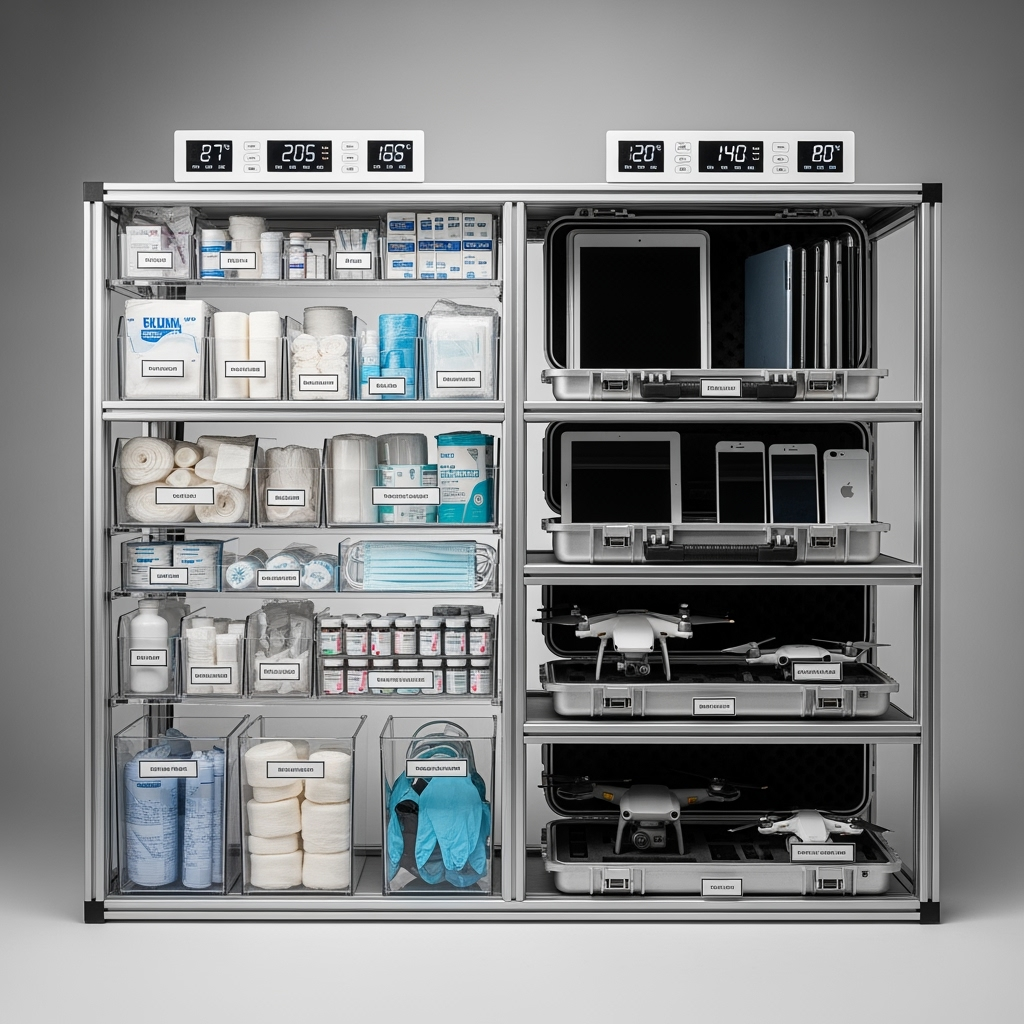
Leave a Reply